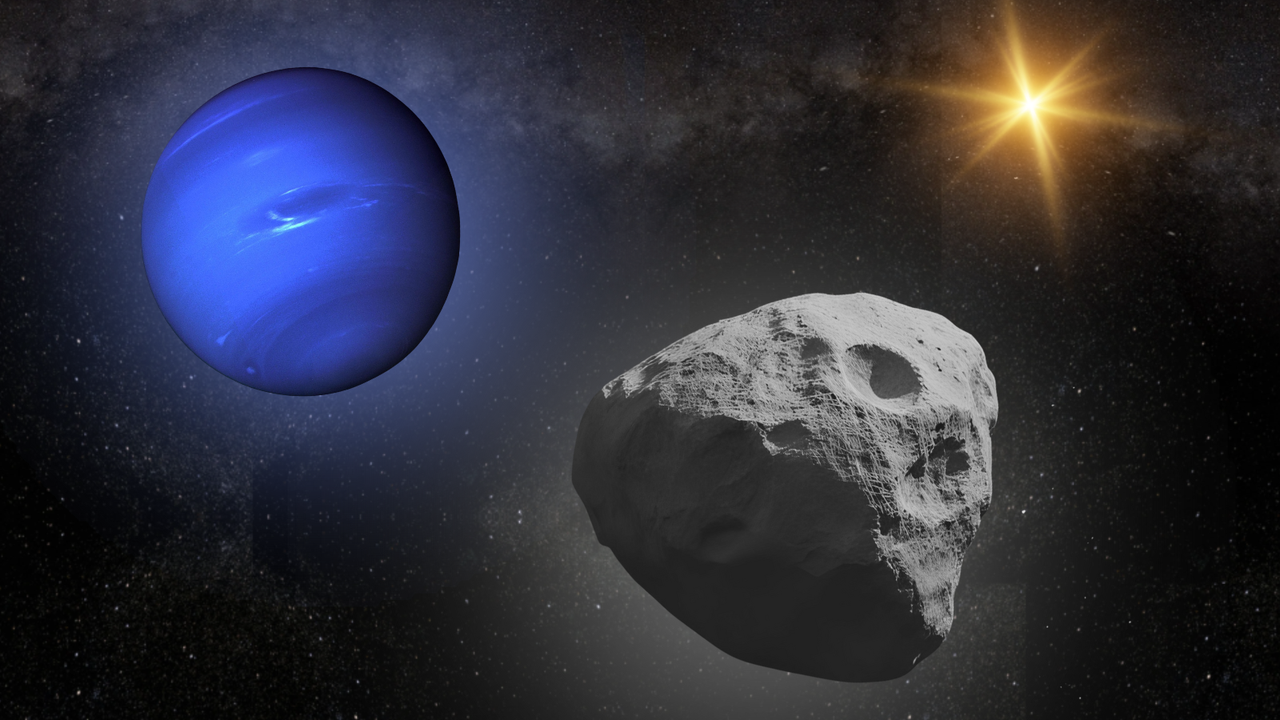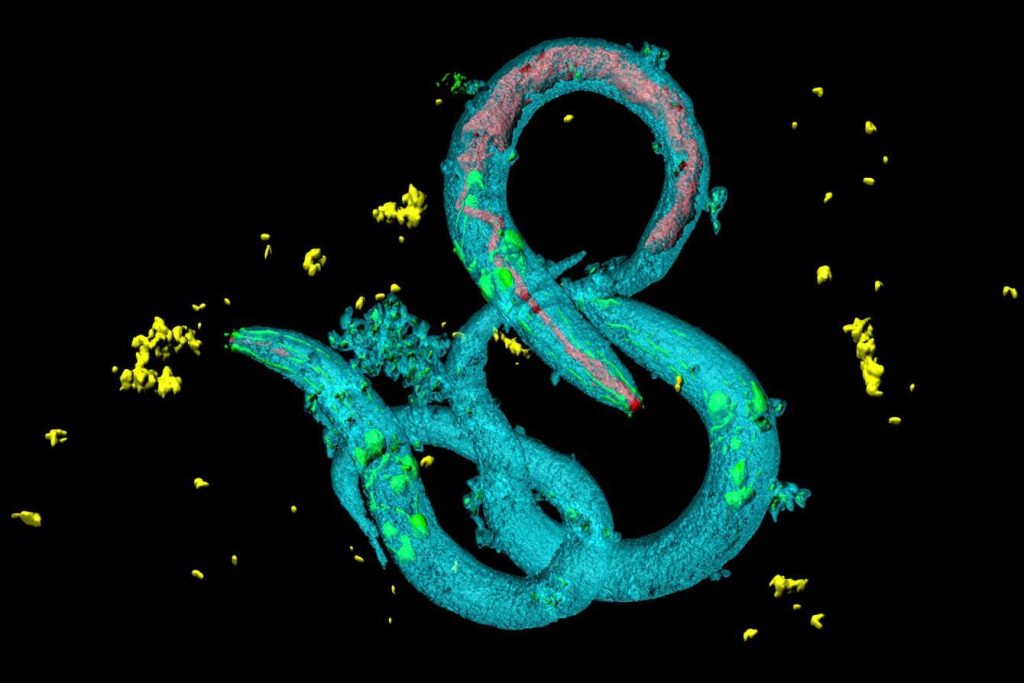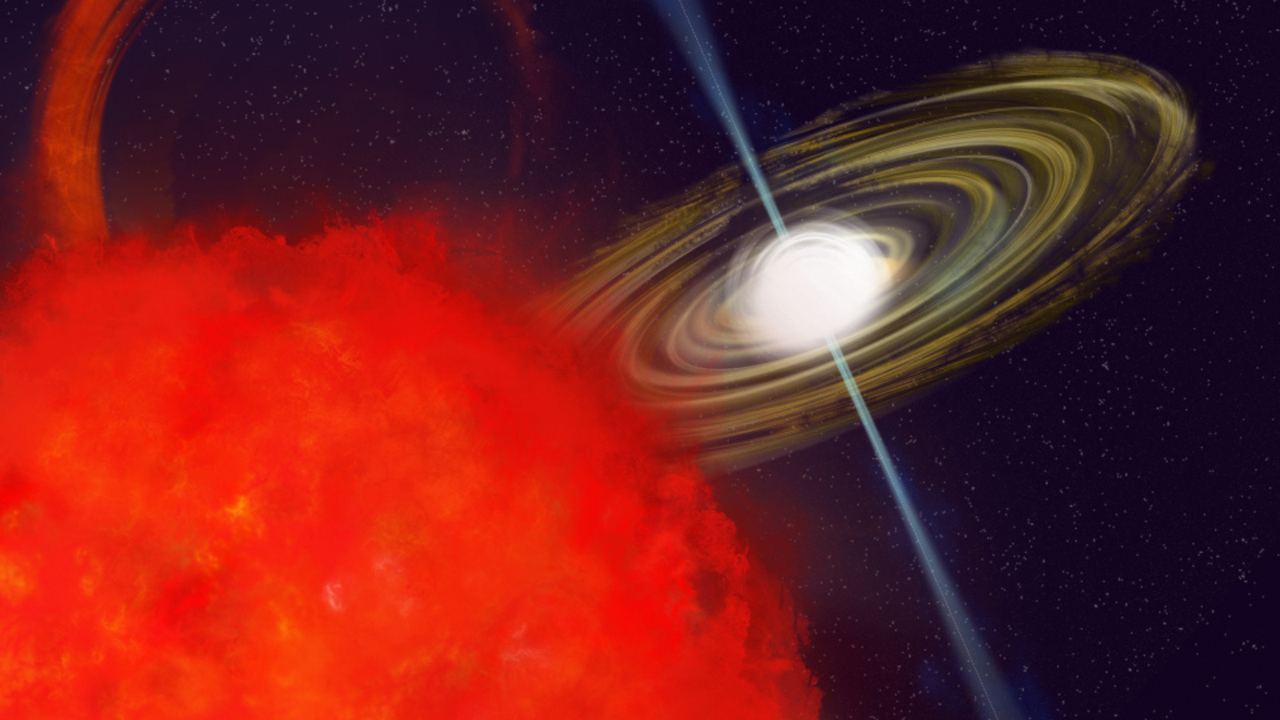Now Reading: Astronomers Uncover Mysterious Celestial Body in Sync with Neptune
-
01
Astronomers Uncover Mysterious Celestial Body in Sync with Neptune
Astronomers Uncover Mysterious Celestial Body in Sync with Neptune

Quick Summary
- Astronomers have discovered a trans-Neptunian object called 2020 VN40, which is in orbital resonance with Neptune, completing one orbit around the sun for every ten of Neptune’s orbits.
- A single orbit of 2020 VN40 lasts about 1,648 Earth years due to its distant position adn unusual trajectory.
- The object’s orbital rhythm may have developed after being briefly influenced by Neptune’s gravity.
- Observations were made via the lido survey using facilities like the Canada-France-Hawaii Telescope, Gemini observatory, and Walter Baade Telescope.
- Scientists note that 2020 VN40 deviates from typical resonant TNOs due to its highly tilted orbit. It reaches perihelion (closest point to the sun) concurrently with neptune despite significant spatial separation within its tilted trajectory plane.
- Researchers believe this discovery could disrupt existing models and theories about solar system dynamics and evolution.
- Future explorations leveraging tools such as Vera C. Rubin Observatory aim to study similar objects further.
Indian Opinion Analysis
The discovery of trans-Neptunian object 2020 VN40 intrigues astronomers by unveiling rare orbital behaviors tied to gravitational influence within our solar system’s outer edges. This breakthrough offers significant implications globally for astrophysics as it challenges traditional understanding about movement at extreme distances from major planets like Neptune. For India’s ambitions in science and space exploration-including projects overseen by ISRO-such findings reaffirm opportunities in international collaborations focused on deep-space studies through ground-based observatories or advanced technologies being planned domestically. By supporting observational research efforts inspired by discoveries such as this one, India can contribute further toward developing nuanced insights into cosmic phenomena relevant not only for academic pursuits but also potential longer-term applications like resources exploration strategies beyond Earth.



























